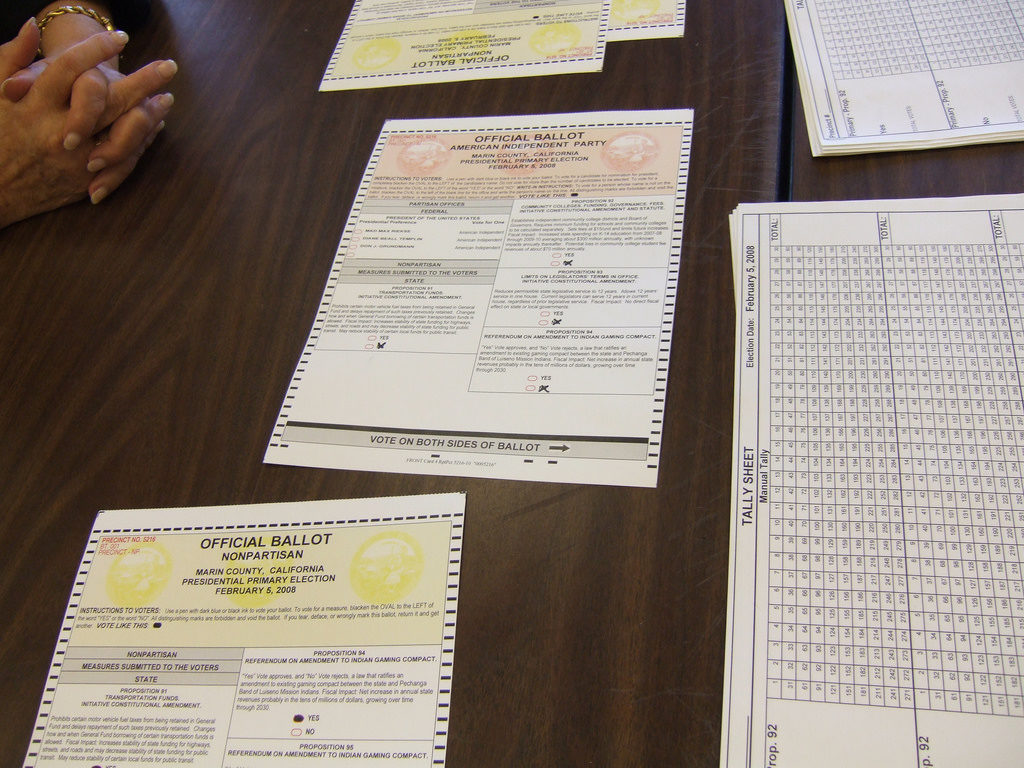
In the aftermath of the massacre of fifty Muslims by an avowed white supremacist at two mosques in Christchurch, New Zealand, President Trump was asked whether he saw white nationalism as a growing threat around the world. He replied, “I don’t really. I think it’s a small group of people that have very, very serious problems.” While the President may not regard these extremists as a threat, they most decidedly are and we, as a nation, should be working to eliminate that danger to our safety.
White terrorists are nothing new to America. Unfortunately, they surface from time to time to wreak their havoc on vulnerable groups in our country. For decades, the Ku Klux Klan lynched, burned, shot, and otherwise brutalized African-Americans. The KKK also terrorized our Jewish population.
The KKK was a power across the country, including in Idaho, in the nineteen-twenties. Years later, Timothy McVeigh, the Oklahoma City bomber, was motivated by white power and hatred of the government to kill 168 people. More recently, Dylann Roof killed nine black worshippers in their Charleston church in 2015.
The current white supremacy movement in the U.S. is now linked with white power enthusiasts across the globe, thanks to social media. Brenton Tarrant, the murderer in New Zealand, was inspired by Anders Breivik, a Norwegian white power terrorist who killed 77 people, mostly kids. Christopher Hasson, the Coast Guard officer who was arrested in Maryland in February before he could fulfill his dream of setting off a race war, also drew inspiration from Breivik.
These people share the perverted grievance that white folk are in danger of being replaced by people they regard as inferior. They often make reference to “white genocide” and speak of the country being “invaded” by lawless immigrants and undesirable “others.” The cadre of torch-bearing white nationalists marching around Charlottesville in August of 2017 were chanting “Jews will not replace us.” It is doubtful that the hateful group contained many “very fine people.”
The threat is dangerous and growing. Robert Bowers killed 11 of our Jewish brothers and sisters at their Pittsburgh synagogue last October. This outrage is enough, in and of itself, to constitute a serious threat to our country. Bowers, Roof, McVeigh, Hasson, Breivik, and Tarrant are just the tip of the iceberg. They have many followers who applaud their actions, as demonstrated by the supportive response they receive on social media.
The FBI and Homeland Security Department warned in May 2017 of the threat of “lethal violence” posed by white supremacist groups. However, the extent of white terrorism is not readily apparent because it is not monitored and dealt with the same as foreign-inspired terrorism. Rather than being charged with terrorist activity, home-grown terrorists are often charged with murder, assault and other garden variety crimes.
The Anti-Defamation League has conducted a review of extremist killings and concluded that the majority are committed by white supremacists. The ADL reported: “White supremacists have killed more people in recent years than any other type of domestic extremist (54% of all domestic extremist-related murders in the last 10 years).” There has been an uptick in such crimes in the last couple of years.
And, even a small white extremist group can pose a serious danger. The Aryan Nations group in Hayden did not appear to be a large group but Idahoans considered them to be a threat. We rose up and said we would not tolerate their perverted creed. They were soon gone.
Incidentally, the ADL played a significant role in that effort, along with many Idahoans of good will. Let’s now demand that effective action be taken to clamp the lid on white terrorists across the country. A small group with very, very serious problems can threaten us all.









